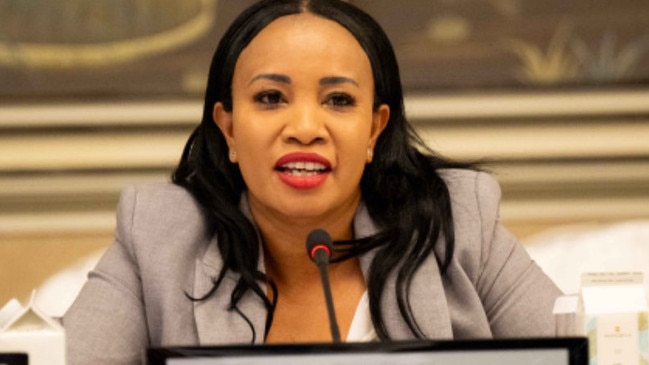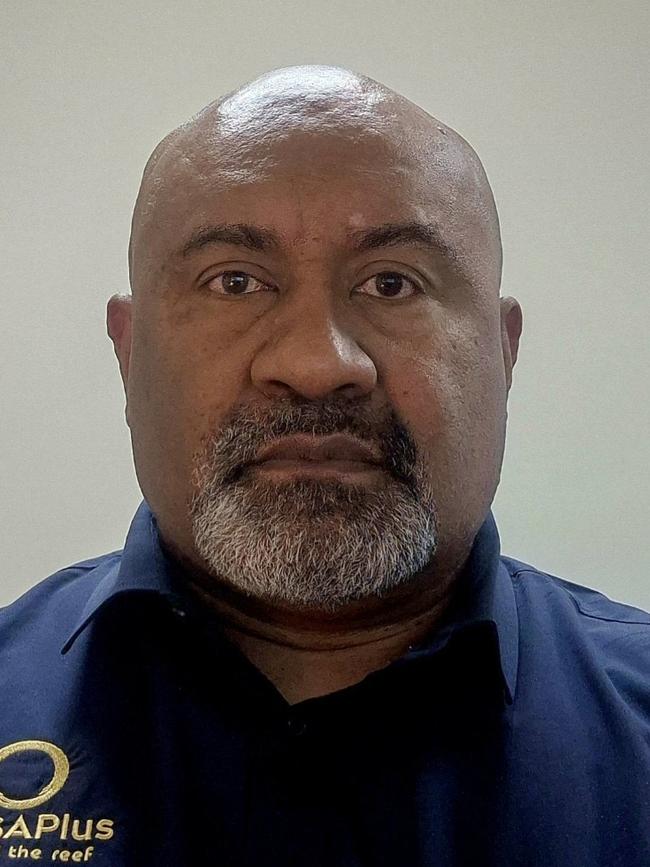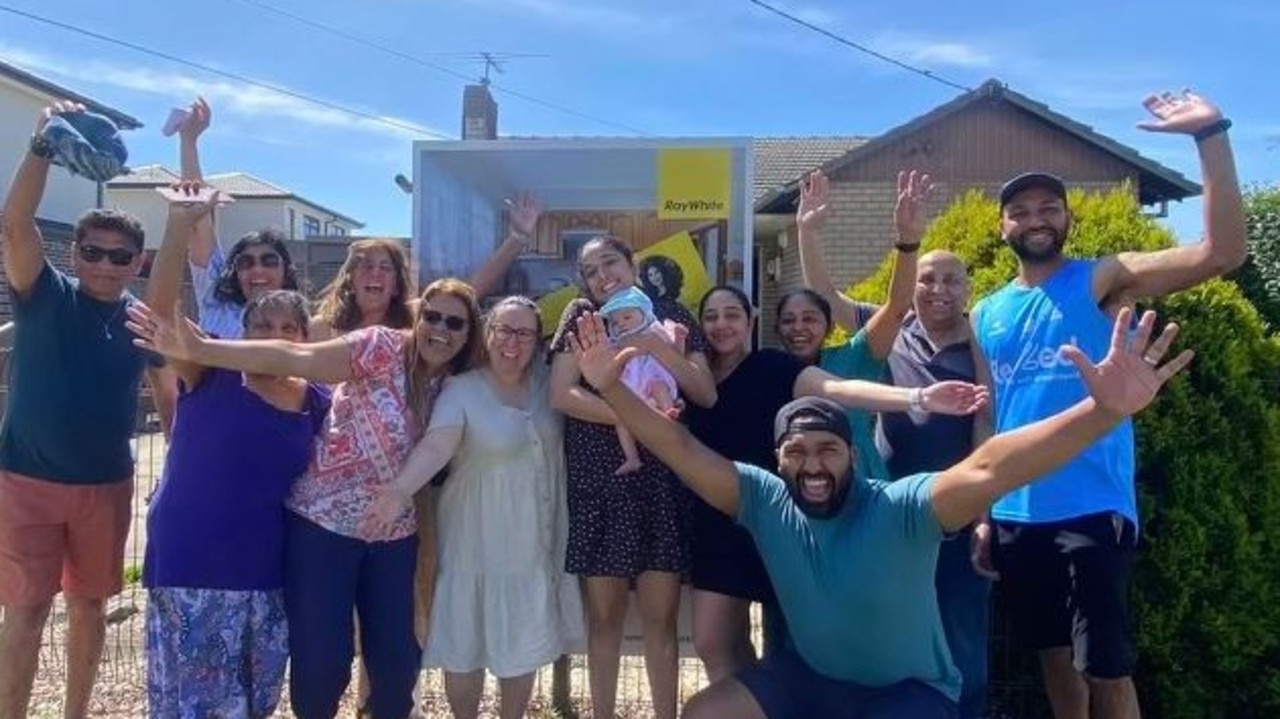PALM workers ‘too afraid to return home’
An increasing number of Pacific Islander farm workers are too scared to return home after having extramarital relationships with co-workers.

News
Don't miss out on the headlines from News. Followed categories will be added to My News.
An increasing number of Pacific Islander and Timorese farm workers are falling into legal limbo in Australia, too scared to return home after having extramarital relationships with co-workers but failing to qualify for protection in Australia.
About 32,000 workers from nine Pacific Islands and East Timor are in Australia on a Pacific Australia Labour Mobility scheme visa mostly working in agriculture and meat processing, all for periods of between three months and four years.
As the scheme has grown, from about 6000 workers before the pandemic, so too has the number of extra-marital relations among workers, according to employers and academics, as well as unplanned pregnancies and births, leading to urgent calls for more pastoral support.
In 2020, about 7 per cent of PALM workers fled the scheme, commonly called absconding, to apply for a protection visa. Now that figure is as high as 12 per cent, with almost 3000 workers a year leaving their employer and the PALM scheme, and applying for asylum in Australia.
The Weekly Times spoke to a number of PALM employers who said consensual extra-marital relations was a key issue with absonding workers. Currently families are unable to join PALM workers during their time in Australia.
Flinders University PhD candidate Iriana Ximenes said a growing number of those workers were applying for protection visas because they were too afraid to return home after having a relationship in Australia with a co-worker, and in some cases becoming pregnant.
“Timor has a different culture, it’s community-based, we’re more family oriented. The isolation (these workers feel) really influences them psychologically,” Ms Ximenes said.
“One Timorese woman who became pregnant by another (PALM) worker is afraid to go home because she’d be threatened she’d be killed.”

Of the 2600 PALM workers who applied for protection in 2023-24, less than 10 were successful.
Ms Ximenes, who is a former senior adviser to East Timor’s Minister of State, said separation from spouses and children and living with others took a significant toll on PALM workers, and that they needed more medical and pastoral support.
PALM workers do not qualify for Medicare in Australia. Instead their employer is obligated to provide them with private health insurance and the cost is deducted from their wages. While workers have the option of increasing their level of coverage, few do and rely on the cheaper policies that don’t include hospital admission or obstetrics.

Tukini Tavui, who is chief executive of the Pacific Islands Council of South Australia, said the vast majority of PALM workers who abscond and apply for asylum do so to extend their stay in Australia, earning Australian wages. While awaiting the outcome of their visa application, they are issued a bridging visa, which comes with working rights and access to Medicare.
But Mr Tavui said he was aware of at least one or two new pregnancies among PALM workers each month.
“The deed of agreement that the government has clearly specifies the requirement, when there are females involved, they have to have separate bathrooms and toilets. Regulations won’t change it. We’re human beings,” Mr Tavui said
Mr Tavui said workers needed more support while they were away from their families from their church, as well as sporting opportunities.
“For Pacific islanders, it’s sports and church that brings us together,” Mr Tavui said.
The federal government is aware of the challenges workers face due to the length of time they’re away from their families.
In August a family accompaniment trial began that brought 200 workers’ families to Australia for the duration of their visa.
“This policy responds to a key concern of Pacific countries and workers related to the negative social impacts of long periods of family separation,” the government said.
A government fact sheet said about 21 per cent of PALM workers were women.
Yarra Valley farmer Sue Finger, who has employed the same group of Pacific islanders for a number of years, said it was everyone’s responsibility to find a solution for these women, as well as men who had extramarital relationships while in Australia.
“Cultural clashes are too big an issue for just employers. All stakeholders need to work towards an equitable solution,” Ms Finger said.
Originally published as PALM workers ‘too afraid to return home’



